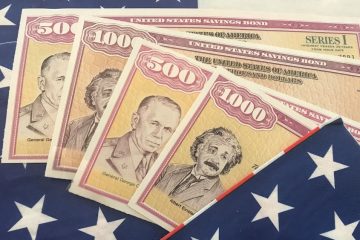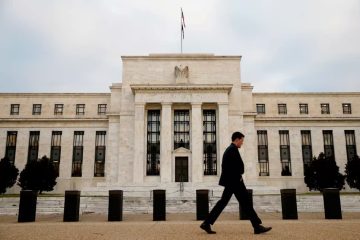Yen slips broadly on fears BOJ could cut negative rates more deeply

TOKYO : The yen slipped broadly on Wednesday after a report that the Bank of Japan is considering further monetary easing steps, including taking interest rates deeper into negative territory.The Nikkei business daily reported that the BOJ plans to make its controversial negative interest rate policy the centrepiece of future monetary easing, promising to weigh further cuts as expansions to asset buying near their limits.
“The view was already there that the BOJ could steepen Japan’s excessively flat yield curve and deepen minus rates to lessen the negative impact on financial institutions,” said Masafumi Yamamoto, chief forex strategist at Mizuho Securities in Tokyo.
“But it appears that the such a view had not been fully priced in by the market.”
The euro added 0.5 percent to 115.670 yen and the Australian dollar climbed 0.7 percent to 77.06 yen. Sterling rose 0.8 percent to 135.85 yen.
The dollar extended overnight gains and was up 0.5 percent at 103.110 yen. The greenback briefly touched 103.200, its highest in eight days.
The greenback treaded carefully against the yen, however, with a week still to go until the Federal Reserve’s and BOJ’s Sept. 20-21 meetings meaning there was plenty of time for speculation over policy to churn the market.
“The media report is about the BOJ considering a deeper cut in negative rates, but in a seemingly more broader time frame. As such, expectations that the BOJ would ease next week have not risen excessively,” said Kyosuke Suzuki, director of forex at Societe Generale in Tokyo.
“The moves we are seeing today are irregular, with dollar/yen gaining despite weaker stocks. It is safe to say short-term flows are driving movements for now.”
The Dow sank 1.4 percent on Tuesday amid a slide in crude oil prices and the Nikkei was last down 0.25 percent.
The euro was flat at $ 1.1219 after shedding 0.1 percent the previous day.
The dollar index was steady at 95.603 following an overnight gain of 0.25 percent, with a rise in U.S. long-term bond yields to a three-month high buoying the greenback.
U.S. long-term yields have risen in the past month along with a steepening in the Japanese government bond yield curve caused by speculation over BOJ policy manoeuvres.
Commodity-linked currencies such as the Australian and Canadian dollars posted a modest rebound after sliding overnight struggled against the U.S. currency on the back of a tumble in oil prices.
The Aussie was up 0.2 percent at $ 0.7484 after retreating more than one percent overnight to a seven-week low of $ 0.7443.
The Canadian dollar was a touch firmer at C$ 1.3077 to the dollar, putting a bit of distance between a one-month low of C$ 1.3190 seen on Tuesday.
Oil prices fell as much as 3 percent on Tuesday after the global energy watchdog and OPEC revised forecasts, indicating the global crude glut could persist for much longer than expected. (Reporting by Shinich Saoshiro; Editing by Eric Meijer and Kim Coghill)



